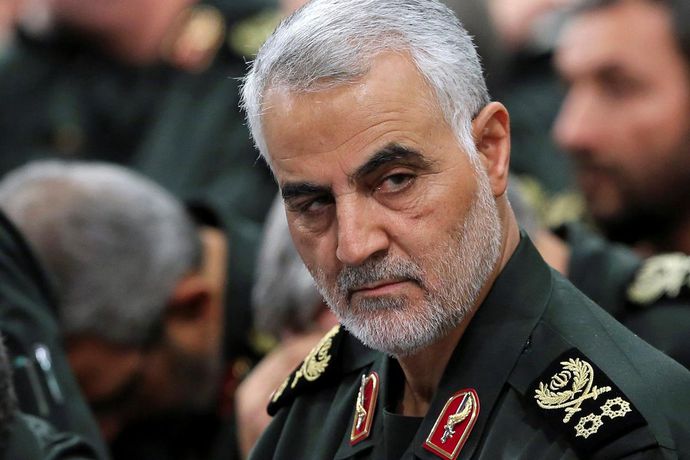The incoming president of the UN COP28 climate summit, Sultan Al Jaber, the president-designate of cop28 ,has laid out a plan to significantly boost global climate finance, aiming to finally reach the $100 billion commitment made to assist developing nations in adapting to climate change. This goal has proven elusive for his predecessors. During the Petersberg Climate Dialogue in Berlin, Sultan Al Jaber, who is also the CEO of the Abu Dhabi National Oil Company, stressed the importance of mobilizing private finance and reforming international finance institutions. He remained focused on advancing technologies to reduce emissions rather than completely phasing out fossil fuel production. Sultan Al Jaber stated, “We must be laser-focused on phasing out fossil fuel emissions while phasing in viable, affordable zero-carbon alternatives in a pragmatic, just, and well-managed energy transition.”
Since his appointment in January, Sultan Al Jaber has conducted a “listening tour,” meeting with ambassadors and leaders in the climate movement in Paris, the United States, and China. He acknowledged that trust is low, but expectations are high. To expedite progress across all climate pillars, he called for supercharging climate finance by making it more available, accessible, and affordable. Dr. Sultan Al Jaber emphasized the need to address the critical issue of climate finance in novel and creative ways, involving the private, multilateral, and public sectors. His efforts were praised by Mia Mottley, the Prime Minister of Barbados, who has played a key role in the transformation of the World Bank and other multilateral development banks, which will be the focus of a summit in Paris next month hosted by French President Emmanuel Macron. Speaking via video, Mottley stated that Sultan Al Jaber’s efforts to build consensus were crucial to making the COP28 summit in Dubai a “turning point for the world.” She also emphasized that developing nations require access to technology, growth opportunities, and finance.
Mottley proposed three “not complicated” ways to raise funds for climate change adaptation and development in developing nations: a tax on oil and gas company revenues, a $100-per-tonne carbon tax on shipping, and a stamp duty on financial transactions. According to the OECD, developed nations fell short of their commitment to provide $100 billion for an adaptation fund at the UN summit in Copenhagen 14 years ago, having raised only $83.3 billion by the 2020 target date. The two-day conference in Berlin, attended by representatives from more than 40 nations, also included prominent figures such as US climate envoy John Kerry and German Chancellor Olaf Scholz.
The COP28 summit, scheduled to be hosted by the United Arab Emirates in December, has been designated as a “global stocktake” where nations will evaluate their progress in meeting emissions reductions set in the Paris Agreement. Last year, at a climate conference in Egypt, oil-producing nations led opposition to efforts to phase out fossil fuels, which are a major contributor to greenhouse gas emissions driving global warming. Dr. Sultan Al Jaber’s focus on carbon capture technology to reduce emissions, rather than reducing fossil fuel production, aligns with his stance on offering more “zero-carbon options.” This approach has drawn criticism from some climate change experts. According to Alex Scott, the head of a consultancy’s climate diplomacy and geopolitics program, the talks in Berlin offered the UAE an opportunity to address criticism and outline an ambitious agenda for countries to bring to COP28.











